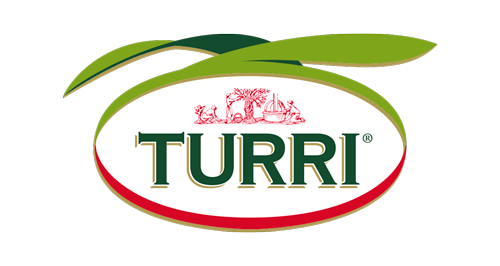Extra virgin olive oil is nothing but the fatty portion of the juice extracted from olives. Imagine taking a handful of olives and squeezing them: you would get a darkish liquid with deep golden hues, a sort of oily juice. This juice or must is a mixture of water and, to a lesser extent, oil. If we left this liquid to decant in a glass, the two parts would soon divide: the oil would rise to the surface, because its specific weight is lower than that of water. It is this part that we call extra virgin olive oil.
As regards the quality of the oil thus produced, what makes the greatest difference is the degree of ripeness of the olives. The sooner they are picked, the greener they are. If on the other hand we postpone the harvest, the olives will have a darker, rather purplish hue. The oil obtained differs extensively in flavour, scent and colour. Greener olives give a fresh, tart flavour, whereas riper ones produce a sweeter oil. It is the oil producer who decides when the time has come to open the oil-making season, according to what features the oil must possess. He or she dictates when the olives are ready to be harvested, because they must be immediately processed, to ensure high quality levels to the end product.


